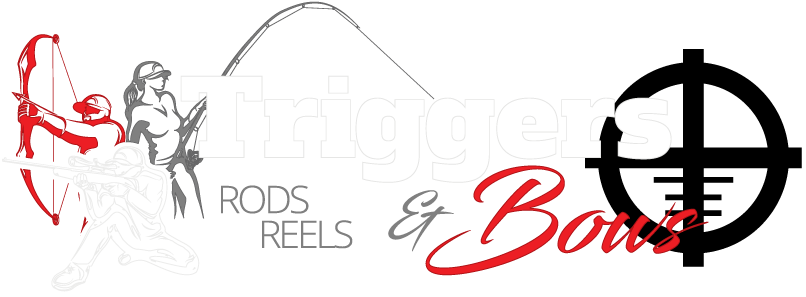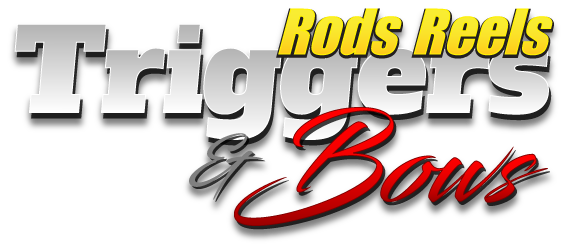Changes to Reporting Laws
For the first time this year, every hunter who receives a tag must complete a hunt report even if they did not fill their tag. This is mandatory and there are serious penalties for forgetting to report or reporting false information. Every hunter needs to educate themselves to make sure they’re not penalized.
What are the new Rules?
Starting this year, every hunter issued a tag for moose, elk, deer, bear, wild turkey, and wolf/coyote must complete a hunter’s report unless you live in an area where a tag is not required (like coyote in parts of southern Ontario). Even if your hunt isn’t successful, you still have to report it. If you never make it out to hunt, you still need to report it. The new online licensing service can send you automated emails to remind you when you need to submit a report, but there are serious penalties for failing to report on time.
You can report your hunt online
https://www.huntandfishontario.com
or by calling the Fish and Wildlife Ministry at 1-800-288-1155
Reporting Deadlines

Bear and Moose
There are different rules and deadlines for moose and bear hunting. These reports must be filed with the outfitter, ministry, or operator who validated the certificate. There is a shorter deadline (only 7 days) after the season ends to complete these hunt reports. Bear tags issued on or before June 15
th are required to complete spring and fall reports.
Non-resident bear hunters must complete a report for every season their certificate is valid. Ontario residents who use a tourist outfitter to help with their moose hunt must file a report with the ministry and with the outfitter.
To learn more, see this article from the Fish and Wildlife ministry:
https://www.ontario.ca/page/submit-hunter-report#section-2
What happens if I don’t follow the new reporting rules?
As this is the first year of the new reporting laws, the Ontario government is phasing in new penalties for failure to report. These penalties will be automatically applied to your Outdoors card. Failing to report or submitting a false report could result in being denied new tags in the future or in monetary fines.
 http://www.ontariocourts.ca/ocj/how-do-i/set-fines/set-fines-i/schedule-17-7/
http://www.ontariocourts.ca/ocj/how-do-i/set-fines/set-fines-i/schedule-17-7/
What Information do I need to record?
You will be asked to provide the following information:
- Did you hunt?
- Did you harvest an animal? If so, where, when and what type of animal was it (for example, male or female)?
- What Wildlife Management Unit(s) did you hunt in and how many days did you hunt in each?
- What observations did you have during the hunt?
The more details you record, the better your report will be. If you don’t plan on reporting immediately after your hunt, it may be a good idea to keep notes. The information in your report will help the Ministry of Fish and Wildlife make important decisions that will affect your hunting experience in the years to come.
Why do I have to report every hunt?
The Fish and Wildlife ministry use the hunt reports gathered from each area to determine how healthy the wildlife populations are across Canada. This information will help determine how many tags to issue next year, could change when seasons for animals open and close, and influence new laws and policies for hunting in Ontario. By giving an accurate report of your hunt, you can help the Ministry make informed decisions about how much and where hunting will be allowed.
Hunters who did not make a kill give relevant information by highlighting which areas they were hunting. If many hunters in those areas were unable to fill tags, the ministry will compensate for lower animal populations by reducing tags for that area. An accurate detailed report shows the Ministry how thorough the hunter was; for example, if they spent a few hours or a few days in a location trying to find deer.
Hunters who did not go out to hunt at all also provide useful information. A non-hunt indicates to the ministry that they
didn’t fill their tag, not necessarily that they
couldn’t fill their tag in their area. In the past, the Ministry most likely assumed any unfilled tag was an inability to find an animal, not an inability to find the time.
Remember!
Hunting tags are now located online. They must be printed before your hunt. If you’re worried about your paper tag getting damaged, we have the solution:
tag holders from CGG. These clear plastic sleeves will keep your tag dry and undamaged. They even come with a zip tie to help attach it securely to your kill.


 http://www.ontariocourts.ca/ocj/how-do-i/set-fines/set-fines-i/schedule-17-7/
http://www.ontariocourts.ca/ocj/how-do-i/set-fines/set-fines-i/schedule-17-7/




